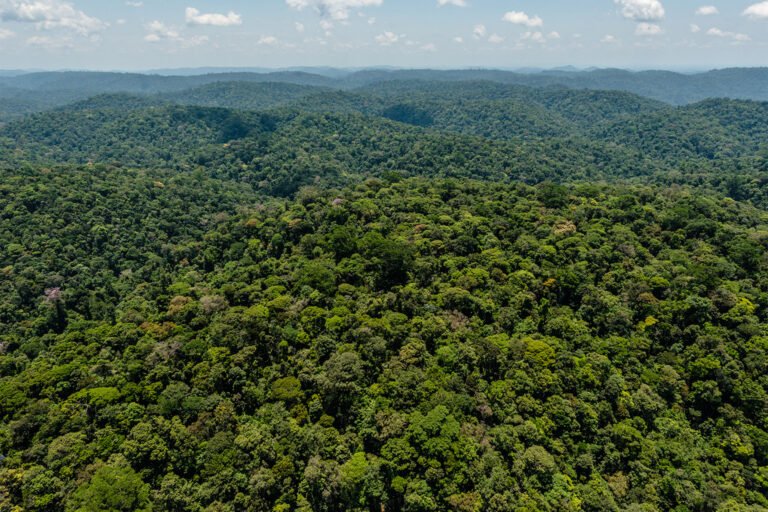Zimbabwe is set to establish itself as a global leader in carbon market compliance with the introduction of a blockchain-based National Carbon Registry.
Zimbabwean authorities, since 2023, have been taking steps to overhaul regulation of a sector that has been marred by controversy. The launch of the first-ever blockchain-based carbon registry aims to restore the integrity of trade in carbon credits. This innovative registry will enhance transparency and accountability in carbon credit transactions, positioning Zimbabwe as a world leader in Article 6 compliance and unlocking billions of dollars in potential investment.
Kudakwashe Manyanga, Co-Founder and CEO of the Africa Institute for Carbon Trading (AICT) said, Zimbabwe has the potential to generate up to $20 billion dollars in the next three years through diverse carbon credit opportunities, including both nature-based and technology-based solutions.
This growth could lead to increased investments, the creation of green jobs, and economic expansion across multiple sectors, particularly in renewable energy, while addressing existing challenges like electricity shortages.
“I’m looking at potentially $20 billion in the next three years if everything is done properly, because we have nature-based carbon credits and tech-based carbon credits. You can focus on the reduction of methane through technologies like biogas. So it’s not only forests; it’s not only nature-based credits, but there are many other options as well.”
“I also see direct and indirect investments coming, along with the creation of green jobs. This has opened up the whole economy to investment as well. As you may know, we are facing challenges with electricity. If investors seek to invest in power plants, they can also earn carbon credits in the process. This is opening up the entire economy because almost every sector can qualify for carbon credits,” he said.
Article 6 of the Paris Agreement allows countries to cooperate in achieving their climate goals through market mechanisms. It enables nations to trade carbon credits, which represent emissions reductions, helping them meet their targets more flexibly and efficiently.
Giordano-Terraviva General Manager, Mr Felix Mechnig said there is growing interest from institutional financiers and developers in Zimbabwe’s carbon market, driven by the country’s readiness for Article 6 compliance.
This readiness, along with streamlined procedures for project developers, is seen as crucial for attracting investment and revitalizing the carbon market sector, ultimately fostering broader engagement across various sectors in Zimbabwe.
“What we are seeing already is huge new interest from major institutional financiers, even from other developers who have pulled out of Zimbabwe, who have been considering Zimbabwe, all accelerating their investments. Because what everyone is looking for is that Article 6 readiness step.”
“Not only the country is Article 6 ready, but also that every project developer can navigate smooth, easy to use procedures, which will allow them also to benefit from these markets.”
“This is really the key to unlock the floodgates of investment, of project development and engagement across all sectors in Zimbabwe to make the revitalization of Zimbabwe’s carbon market sector a success,” he said.
The country is hoping to revive activities in the sector, which had stalled after it changed regulation in 2023.
Rory Pilossof, My Trees Trust General Manager, said Zimbabwe must increase carbon trading activity to attract investment and participants in the market. He emphasizes the need for the country to catch up with other successful regions in carbon projects, given the available opportunities and the potential for growth in the carbon sector.
“Zimbabwe needs carbon trades to happen. The more trades that happen, the more people are interested, the more money is invested and the more players we have in this space. So we need to play catch-up as well.”
“There are other parts of the continent which have got more carbon projects happening now and are very successful and there’s no reason Zimbabwe can’t join that party. We have opportunities and we have the space so it would be great for us to catch up and get involved in the carbon works as much as possible,”
The Zimbabwe Carbon Registry, bolstered by new regulations and a digital platform, aims to establish the southern African nation as a leader in carbon markets. This platform utilizes blockchain technology to track carbon credits and support both voluntary and compliance-based climate initiatives.





